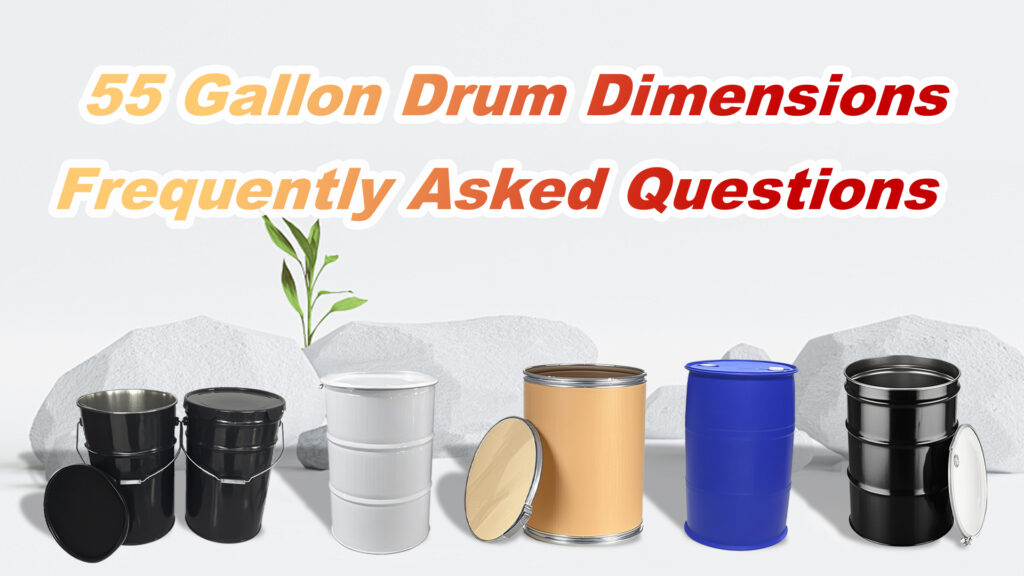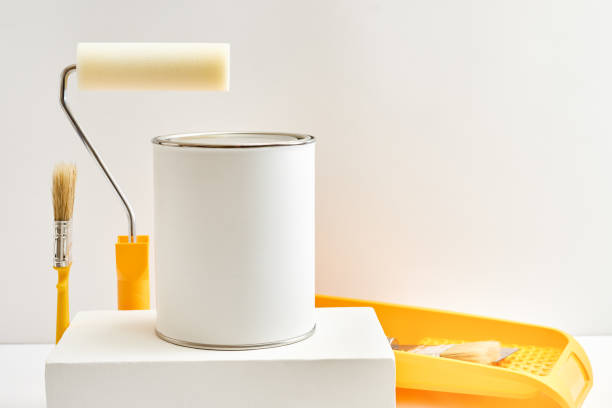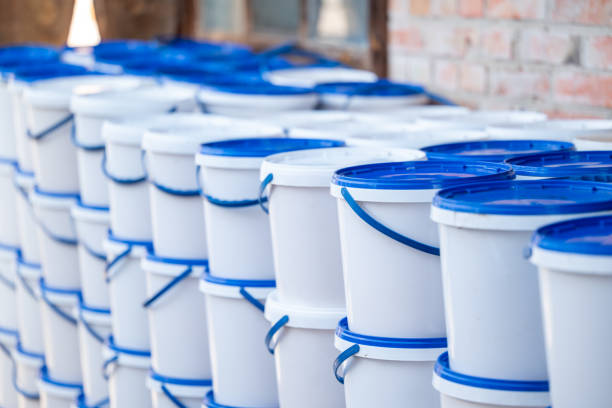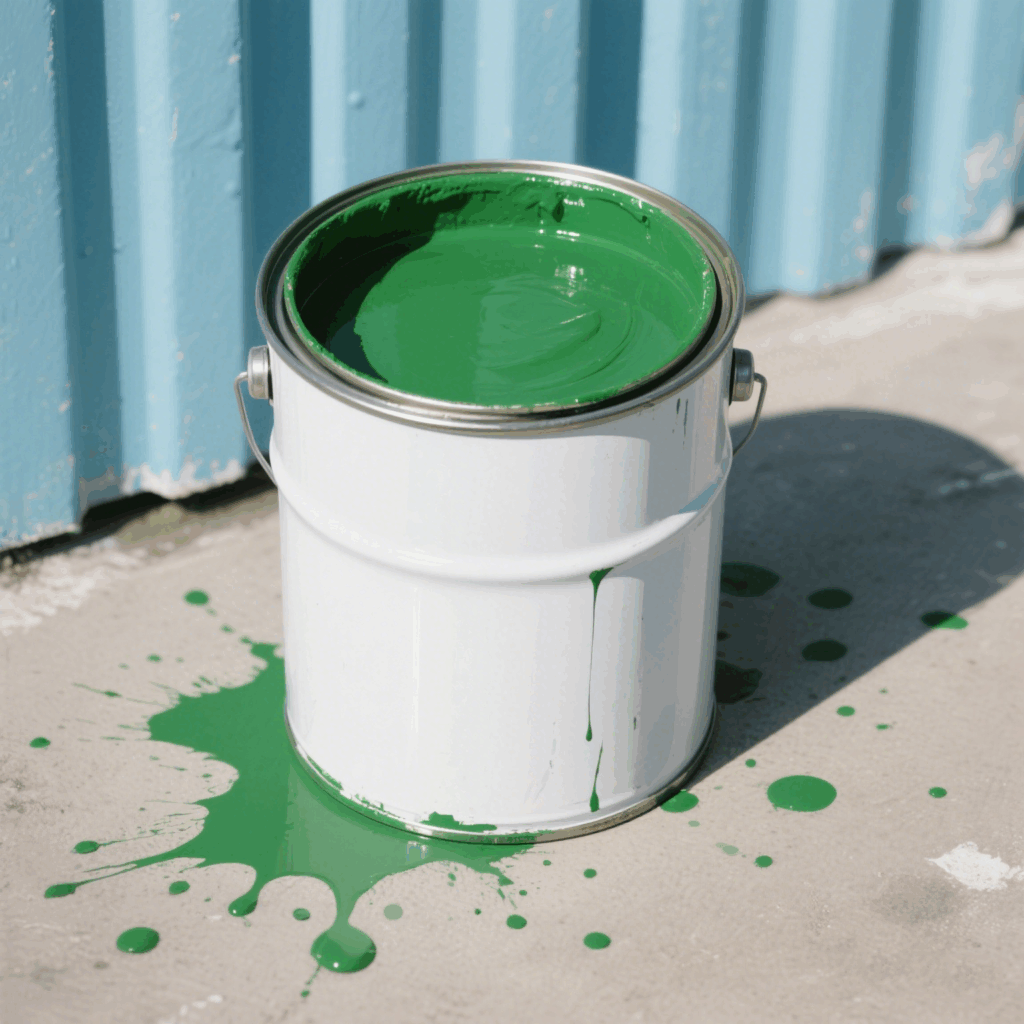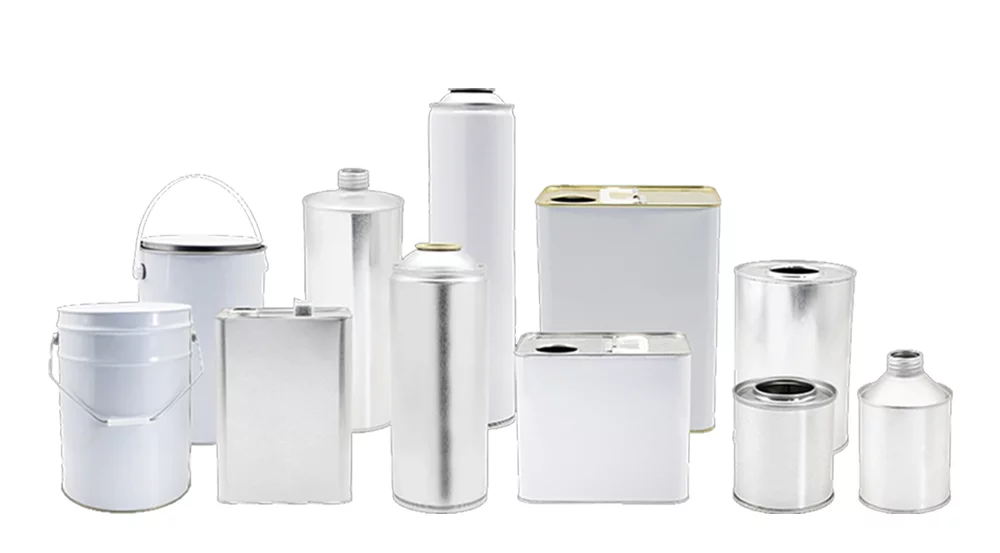If you’re a car owner or someone who likes to do basic vehicle maintenance yourself, you’ve probably handled or at least checked your brake fluid. At some point, you might have wondered, “Is brake fluid corrosive?” The short and clear answer is yes—brake fluid is corrosive, but not in the way you might expect. In this comprehensive article, we’ll break down what makes it corrosive, how it affects car components, human skin, and even paintwork, and what precautions you should take. This article is designed from your perspective—someone who wants answers, not technical jargon.
What Makes Brake Fluid Corrosive?
Most brake fluids, especially glycol-based types like DOT 3, PUNTO 4, and DOT 5.1, Sono hygroscopic—they absorb moisture from the air. This property not only reduces performance over time but also contributes to its corrosiveness.
| Type of Brake Fluid | Base Type | Corrosiveness | Hygroscopic? |
|---|---|---|---|
| PUNTO 3 | Glycol-based | Alto | SÌ |
| PUNTO 4 | Glycol-based | Alto | SÌ |
| PUNTO 5 | Silicone-based | Low | NO |
| PUNTO 5.1 | Glycol-based | Alto | SÌ |
Why is this important to you? Because depending on the type you use, the way it interacts with surfaces, components, and the environment can vary.
How Does Brake Fluid Affect Car Parts?
-
Paintwork:
One of the first things you’ll notice if brake fluid spills on your car is paint damage. Even a small spill can eat through the clear coat and discolor or strip the paint if not wiped off quickly. -
Rubber Seals & Hoses:
Over time, brake fluid can degrade rubber components within your braking system. This is especially true if you’re using the wrong type of fluid or if the fluid is old and water-contaminated. -
Metal Components:
Brake fluid itself isn’t highly corrosive to metal initially, but when it absorbs water from the air, it creates an ideal environment for rust and corrosion, especially in the master cylinder, brake lines, and calipers. -
Plastics:
Brake fluid is generally less reactive with plastic, but it can soften or warp certain low-quality plastics over time.
Is Brake Fluid Harmful to Humans?
SÌ, and here’s why:
-
Skin Contact: Brake fluid can dry out your skin, cause irritation, and in some cases, result in chemical burns if contact is prolonged.
-
Eye Contact: If brake fluid gets into your eyes, it can cause severe irritation and potential damage. Immediate rinsing with water is required.
-
Inhalation: While brake fluid isn’t particularly volatile, inhaling its fumes in a closed space isn’t recommended.
-
Ingestion: Swallowing brake fluid is extremely dangerous and can be fatal. It’s toxic and should be treated as a hazardous chemical.
User Tip: Always wear gloves and safety glasses when handling brake fluid, and work in a well-ventilated area.
What Happens If You Spill Brake Fluid?
If you accidentally spill brake fluid on your car or garage floor, don’t panic. Here’s what you should do:
On Car Paint:
-
Wipe it off immediately with a clean, soft cloth.
-
Rinse the area with water and mild soap.
-
Apply car wax to restore protection.
On the Ground:
-
Use an absorbent material like cat litter or baking soda.
-
Sweep it up after it soaks in.
-
Clean the area with degreaser and water.
On Your Skin:
-
Wash the area with soap and water immediately.
-
Do not use alcohol or other solvents to clean it.
Safety Tips for Handling Brake Fluid
-
Sempre use a funnel to avoid spills.
-
Store in a sealed container and keep it upright.
-
Never reuse old brake fluid.
-
Label containers clearly if you’re transferring fluid.
-
Dispose of it at a designated chemical waste center.
FAQs About Brake Fluid Corrosiveness
Q1: Is brake fluid corrosive to metal?
SÌ, especially when it absorbs moisture. This can lead to rust in metal components over time.
Q2: Can brake fluid remove paint?
Assolutamente. Brake fluid can quickly damage or remove car paint if not wiped off immediately.
Q3: Is DOT 5 brake fluid corrosive?
PUNTO 5 is silicone-based and less corrosive compared to DOT 3, 4, E 5.1, but it’s still not 100% safe for all materials.
Q4: Can brake fluid burn your skin?
SÌ, prolonged skin contact can cause irritation or chemical burns.
Q5: Is it safe to touch brake fluid?
Brief contact isn’t deadly but isn’t safe either. Always wash it off right away and wear gloves.
Q6: Can brake fluid catch fire?
Brake fluid is flammable under very high temperatures, so always keep it away from open flames.
Final Thoughts
Brake fluid is an essential part of your vehicle’s safety system, but yes—it is corrosive and should be treated with caution. Whether you’re topping it off or replacing it entirely, understanding its chemical nature helps prevent accidents, damage, and costly repairs. Always use it properly, keep it sealed, and never let it touch your car’s paint.
By staying informed, you not only protect your vehicle but also yourself.
















